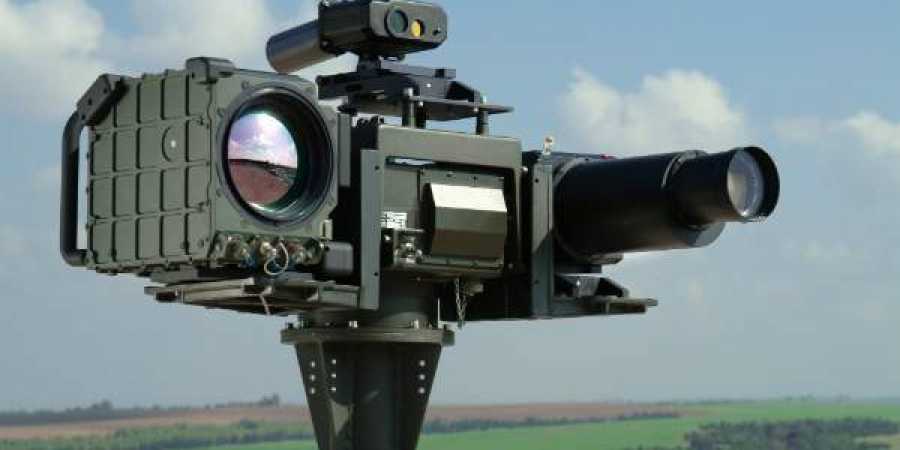
SOURCE: ET
The Centre is all set to approve the Indo-Tibetan Border Police (ITBP) proposal for acquiring unmanned aerial vehicles (UAVs), advanced long-range reconnaissance and observation systems (LORROS), radars, all-terrain vehicles and snow scooters for the newly sanctioned border outposts (BOPs) along the border with China.
ITBP is responsible for guarding the 3,488 km-long LAC with China which runs along Ladakh, Arunachal Pradesh, Uttarakhand, Sikkim and Himachal Pradesh.
The acquisition is part of the extensive revamp of surveillance equipment and gadgets for the central force amid the stand-off between India and China in Pangong Tso, Galwan Valley, Gogra and Depsang plains, said officials.
“ITBP has sought deployment of more high-tech surveillance cameras that can see 25-30 kilometres inside the Chinese territory. At high altitude, drones have been useful in monitoring activities of Chinese forces,” said a senior government official, who did not wish to be identified.
LORROS is a sensor system which provides long-range day-time and night-time surveillance. It can detect and track human as well as vehicular movements during day and night as well as bad weather. At present, there are 180 BOPs operational along the LAC, with each outpost having about 100 soldiers.
In January, the Union home ministry gave the go-ahead for creation of 47 additional ITBP BOPs and 12 “staging camps”. Among the 47 BoPs, 34 have been planned in Arunachal Pradesh, where the terrain is extremely inhospitable, while five will come up in the western theatre. The staging camps are being set up to act as temporary BoPs for ITBP jawans out on patrol along the Himalayan frontier, and provide them rations, logistics and a place to stay.
The border guarding force had sought creation of staging camps to reduce the inter-BOP distance at the arduous border which experiences frequent blizzards and sub-zero temperatures, said a home ministry official. The new BOPs will be temperature-controlled and will help forces to counter transgressions by the Chinese army. They will also help the border guarding force to better rotate troops from forward locations to units in the mainland. Currently, the troops are rotated every three months, said officials.






